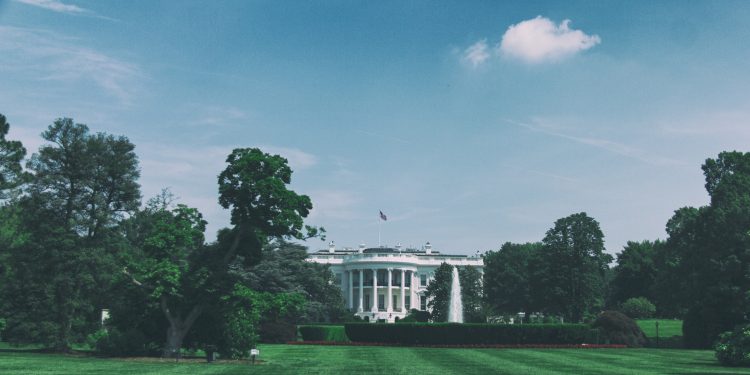A bit of confusion here in today’s headlines, but it is hard to complain about a person’s name. If your name was Joe McDonald and you wanted to open a restaurant, what would you call it?
According to the office of U.S. Senator Sheldon Whitehouse (D-RI), Senators Whitehouse, Elizabeth Warren (D-MA), Jeff Merkley (D-OR) and Jack Reed (D-RI) introduced legislation to limit credit card interest rates. The bill, detailed at Congress.Gov is titled Empowering States’ Rights to Protect Consumers Act. As the congressional tracking site mentions, the objective is:
- This bill amends the Truth In Lending Act to limit the annual percentage rate applicable to any consumer credit transaction (other than a residential mortgage transaction), including any associated fees, to the maximum rate permitted by the laws of the state in which the consumer resides.
- The senators take a broadside at the credit card industry, which is not a surprise given the fact that the next U.S. Presidential election is less than 20 months away. They claim:
- “Right now, Wall Street banks and their credit card subsidiaries can saddle consumers with outrageous interest rates, contributing to a cycle of debt that is tough to break out of,” said Whitehouse. “This bill will restore the power of individual states to rein in abusive credit card rates.”
- “Americans carried a combined $420.22 billion in credit card debt in late 2018 — which is often high-interest and puts a drag on people’s wallets and financial futures,” said Senator Warren. “Let’s pass this bill to help states protect their citizens from high interest rates that families can’t afford.”
- “Allowing a race to the bottom in state bank regulation is dangerous and puts every American consumer at risk. This bill ensures that states are able to stand up for their own consumers and enforce the strong consumer financial protections on their books,” said Senator Merkley.
The exportability of credit card rates, that is the ability to allow banks to use national pricing, dates back to 1978 under the Marquette decision; we covered the topic in Payments Journal last year.
What Whitehouse & crew miss in their proposal is that credit card companies set their prices based upon risk. To extend credit, you need to take a risk with that risk a requirement to price according to the potential losses that can be incurred. In today’s climate, banks lose about 4% of their portfolio to credit losses. Remember the Great Recession? Credit card losses were 10% in the U.S. and creditors slammed the brakes.
If this legislation gets traction, what will soon develop is a situation of credit availability in states that permit average or high rates, and low availability when credit cards are obstructed with caps. If perhaps the state of Rhode Island only permits Prime + 12% credit card issuers will need to tighten their standards, and potentially underwrite only customers who carry FICO scores of 760 and better. This will exclude many people in the state.
Carry the logic to a large state like Florida, impose a rate decrease and see what lenders need to do to protect their balance sheets and income statements. Use the 760 FICO standard, and you will cut off more than half the 3.3 million households from credit.
And, then what happens? Slam down credit, and you crush the U.S. economy which relies on consumer spending.
Best that the senators fiddle with the student loan mess! Bloomberg says more than $166 billion is in delinquent status right now. That’s where the bigger risk is.
Right now 450 million credit cards owe their banks $1 trillion. Overshadowed by that metric is the $1.5 trillion owed on student loans by only 44 million U.S. borrowers. Freezing credit card rates will sputter the economy; collecting student loan debt will permit more money to be reinvested in their constituents.
Overview by Brian Riley, Director, Credit Advisory Service at Mercator Advisory Group









